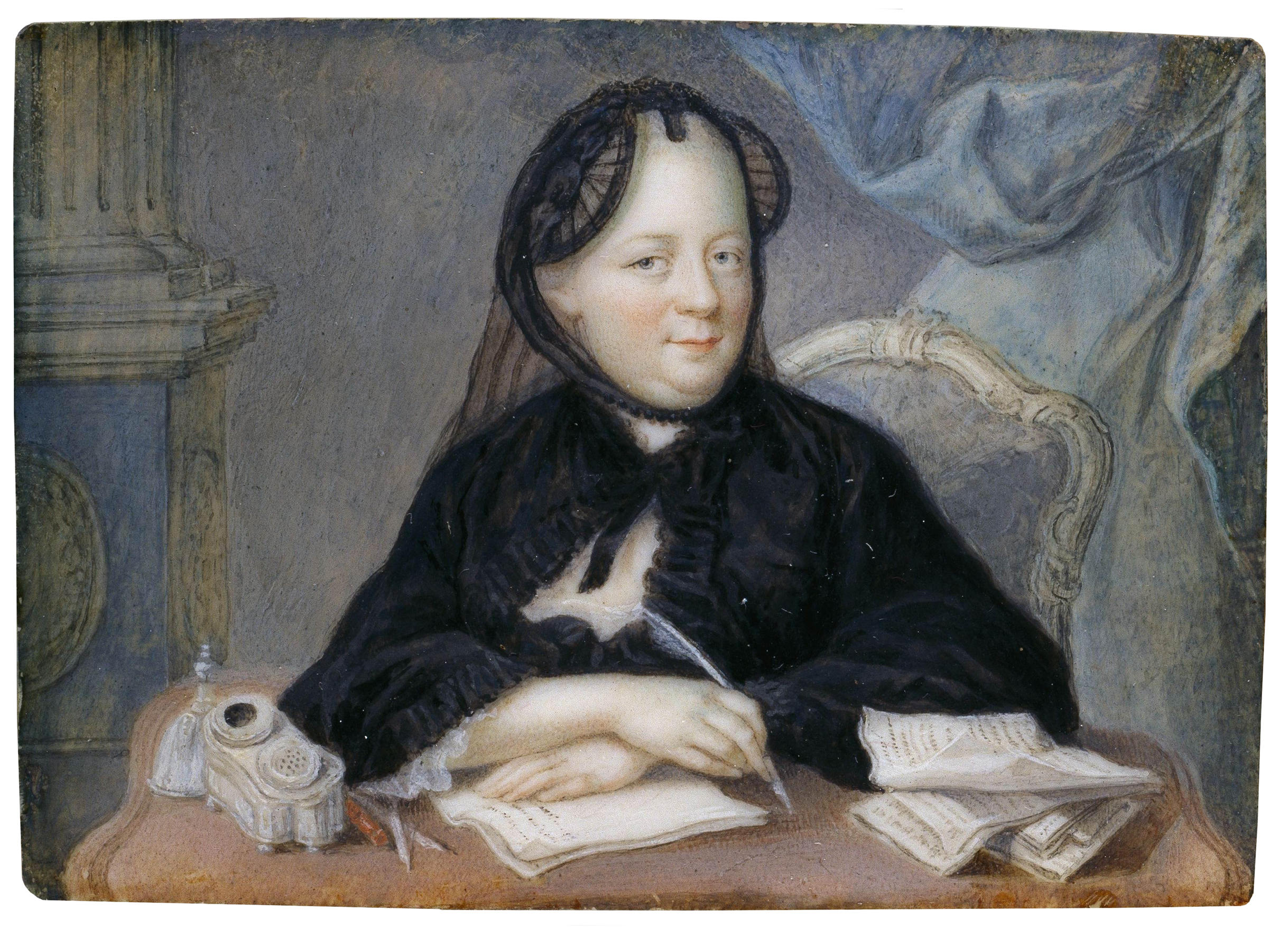The
discovery of Richard III's remains has historical buffs around the world
feverishly excited over this astonishing moment in history! In order to highlight
this grand event, I’d like to recommend an excellent book by Robin Maxwell that
was released in 2005,
Excellent
book!
From Publishers Weekly
Anglophile
Maxwell (The Wild Irish) fictionalizes another curious episode from
English history with her spirited, colorful fifth novel, about the unexplained
disappearance of princes Edward and Richard of York, who vanished without a
trace from the Tower of London in 1483. The story unfolds from the point of
view of Nell Caxton, the quick-witted, independent daughter of England's first
printer and best friend to Princess Bessie (sister to the princes and daughter
of Queen Elizabeth Woodville). With the sudden death of King Henry, the first
in the Tudor line, and the ascension of his eldest son, 13-year-old Prince
Edward, insidious power plays and conspiracies roil England. Before young
Edward V can be crowned, Lord Hastings and Harry Buckingham lose their heads
and the Duke of Gloucester connives to become Richard III. In the midst of the
struggle, the two princes are abducted. Maxwell's solution to what happens
next—events that have long been the subject of speculation—brims with
page-turning drama. As always, she provides a lusty backdrop and makes the
story accessible to readers who aren't versed in all the finer points of
British history.
AVAILABLE ON KINDLE
AVAILABLE ON KINDLE
Maxwell
is one of the most popular--and one of the best--historical novelists currently
mining the rich vein of Tudor history. She is the author of the Elizabeth I
quartet, The Secret Diary of Anne Boleyn(1997), The Queen's
Bastard (1999), Virgin (2001), and The Wild
Irish (2003). In her latest deft accomplishment, Maxwell reaches
farther back into English history to examine the antecedents of the Tudor era,
the equally exciting days of the House of York. Specifically, her purview here
is one of the great mysteries of English history, the murder of the boy-king
Edward V and his little brother in the Tower of London. Who did it? Their
usurping uncle, Richard III? Maxwell offers "a brand-new twist on this oft-told
story." It is a maxim in historical novel writing, when delving into the
old days in Europe, that court factions make good fiction. Maxwell's
intelligent, learned, and dynamic reinterpretation of how the "Tower
princes" died greatly supports that rule of thumb. Some grounding in
English history would certainly prove helpful in the "reader
friendliness" of this engaging novel. Brad Hooper
Copyright © American Library Association. All rights reserved --AVAILABLE ON KINDLE
Copyright © American Library Association. All rights reserved --AVAILABLE ON KINDLE































.jpg)










No comments:
Post a Comment